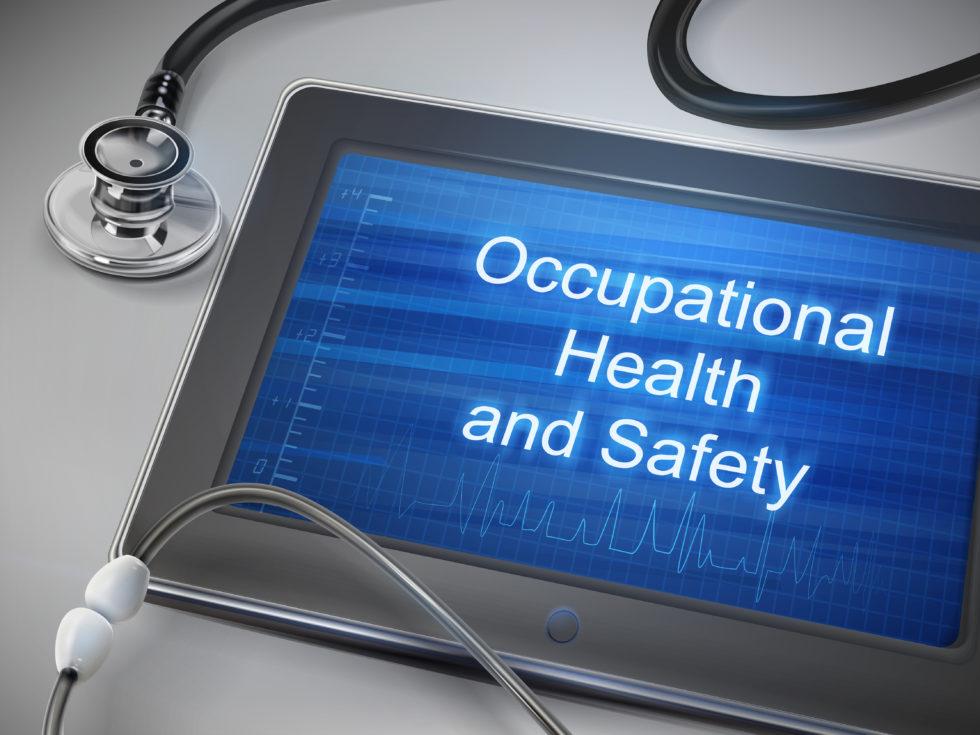Occupational Diseases and Georgia Workers’ Compensation
When an employee is injured at work in an accident, it’s often quite clear what happened. Something like a slip and fall or an object strike injury can be precisely dated and documented. It may even be witnessed by coworkers. While insurance companies can still contest these types of workers’ compensation claims, issues are more likely to center on paperwork, questions over the diagnosis and possible preexisting conditions.
Occupational diseases, however, almost always make for complex workers’ compensation claims. That’s because, in order to qualify for workers’ compensation coverage, there must be a clear workplace link between the disease and the conditions of the job.
What is an occupational disease under Georgia law?
Under Georgia law, an occupational disease is a disease originating from an individual’s trade, employment or occupation. The worker must prove to the State Board of Workers’ Compensation that:
- There’s a direct causal connection between working conditions and the disease
- The disease was a natural result of occupational exposure
- The disease is not connected to an exposure outside of work
- The disease is not an ordinary disease of life
- The disease is a natural consequence of a risk associated with the job
What are common occupational diseases?
Occupational diseases may have a high burden of proof, but many are widely recognized as occupational hazards. For example, the CDC estimates that nearly 30 percent of chronic obstructive pulmonary disease (COPD) and adult asthma may be attributable to occupational exposure.
The Bureau of Labor Statistics breaks illnesses into categories, such as poisoning or respiratory disorders. Common illnesses include:
- Skin diseases, like eczema and contact dermatitis
- Respiratory issues, like occupational asthma, COPD, asbestosis and other illness that come from breathing chemicals, dust and gases
- Poisoning from ingesting or absorbing toxic substances, like lead, arsenic, benzene, solvents, insecticides or formaldehyde
- Hearing loss
- Other occupational illnesses, like sunstroke, diseases caused by blood-borne pathogens and illness caused by radiation exposure
What should you do after an occupational disease diagnosis?
After receiving a diagnosis for an occupational disease, it’s important to report it as soon as possible to your manager or supervisor. You have only a year from the point when you discover your disease to when you report it, though ideally you’ll want to do so much sooner. If you’re approved, you’ll begin receiving workers’ compensation to cover your medical expenses and make up a portion of your income if you can’t work.
A workers’ compensation attorney can help make as strong of a case as possible, linking your condition to your workplace exposure. You may need to submit medical evidence, and you’ll likely have to prove that your condition wasn’t caused by an outside factor.
Contact a workers’ compensation lawyer in Atlanta
Occupational diseases are particularly prevalent in welding, construction, agriculture, mining, factory work and healthcare. If you’ve been diagnosed with an occupational disease, it’s important to make your workers’ compensation claim as strong as possible. An Atlanta workers’ comp lawyer can help connect your disease to the work you do. Contact the Law Offices of Laura Lanzisera today for a free consultation, or give us a call at 404-991-5097.
